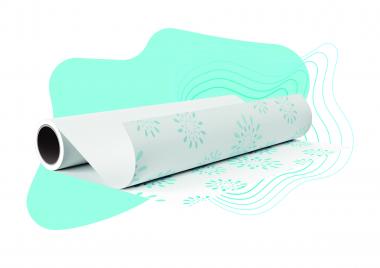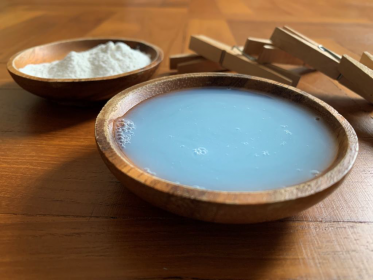Infinited Fiber Company and Patagonia seal Multiyear Sales Deal
Outdoor apparel company Patagonia and circular fashion and textile technology group Infinited Fiber Company have signed a multiyear sales agreement for Infinited Fiber Company’s unique, premium-quality regenerated textile fiber Infinna™, which is created out of textile waste. The move marks a major milestone for both companies towards making textile circularity an everyday reality: The deal guarantees Patagonia access to the limited-supply fiber over the coming years and secures future sales income for Infinited Fiber Company as it ramps up production.
Infinna is a unique, virgin-quality regenerated textile fiber with the soft and natural look and feel of cotton. It is created from cotton-rich textile waste that is broken down at the molecular level and reborn as new fibers. Because it’s made of cellulose – a building block of all plants – Infinna is biodegradable and contains no microplastics to clog our seas. Clothes made with it can be recycled again in the same process together with other textile waste.
In April, Infinited Fiber Company announced plans to build a flagship factory in Finland to meet the growing demand for Infinna from global fashion brands. It is currently supplying customers from its R&D and pilot facilities in Espoo and Valkeakoski, Finland. The planned flagship factory will have an annual production capacity of 30,000 metric tons, which is enough fiber for roughly 100 million T-shirts made with 100% Infinna. Infinited Fiber Company expects to have sold the new factory’s entire output for several years during 2021.
More than 92 million metric tons of textile waste is produced globally every year and most of this ends up in landfills or incinerators. At the same time, textile fiber demand is increasing, with Textile Exchange estimating the global textile fiber market to grow 30% to 146 million metric tons by 2030 from 111 million metric tons in 2019. Infinited Fiber Company’s fiber regeneration technology, which uses cellulose-rich waste streams as its raw material, offers a solution both to stop waste from being wasted and to reduce the burden of the textile industry on the planet’s limited natural resources.
Infinited Fiber Company Infinited Fiber Patagonia Sustainability Infinna™ circular fashion
Infinited Fiber Company



















